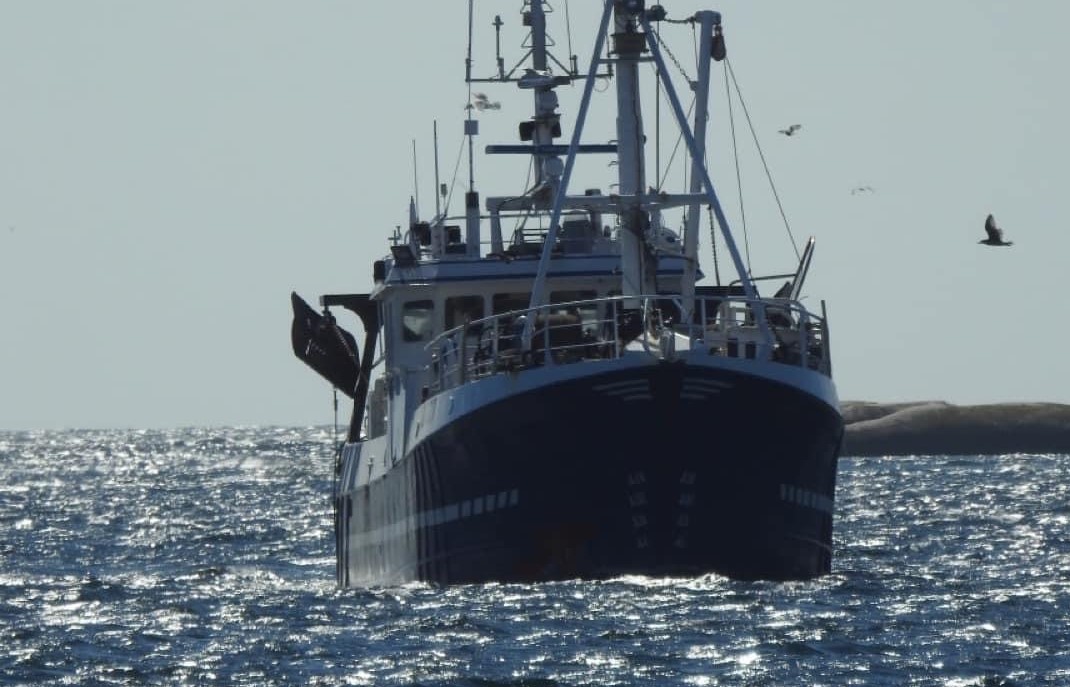Nyheter
Full program at extraordinary general meeting of North Sea Advisory Council

A busy fisheries sector meant a crowded agenda of the North Sea Advisory Council (NSAC) when it met on Wednesday 23 February 2022.
The NSAC called an extraordinary general meeting of members where a Demersal Working Group and a Landing Obligation Focus Group took place.
Relationship with Norway
The Dutch cutter sector provided an explanation of the beam trawl ban announced by Norway in Norwegian waters. The fisheries representatives present all agreed that the straight-line approach of the Norwegians has major implications for the fishing industry. It was brought up in the meeting that it is expected that the Dutch and Belgian beam trawl fleet will be moved to other waters, in particular the North Sea. This means that the Norwegian approach has an effect on EU waters. Chairman of the NSAC demersal working group Peter Ollsen noted that a letter is being prepared from the NSAC and that an attempt is being made to enter into a dialogue with the Norwegians.
Feedback from Scheveningen group
The authorities of the EU North Sea member states are working hard to establish a pilot for camera surveillance on board fishing vessels. The European Fisheries Control Agency (EFCA) stated that the Member States, including the Ministry of LNV for the Dutch contribution, are currently actively seeking (voluntary) participation of fishing vessels for a camera surveillance pilot. Member States have until the end of March 2022 to notify the participating fishing vessels to the Scheveningen group. The EFCA representative noted that difficulties are encountered in all Member States in finding participants.
Wind energy only after 2030 ecological threat
Chairman Ollsen made an emphatic appeal to collect information on observable effects of wind farms in the North Sea. Everything indicates that after the realisation of the plans made, governments simply want to continue building large-scale wind farms in the North Sea after 2030. The fishing industry has expressed its objections to this from day one. In the Netherlands, in addition to the many consultation rounds, this is also the process in the North Sea Agreement that is still ongoing. Last week, the fishing industry was somewhat surprised by the position of the North Sea Foundation, a party that has endorsed the North Sea Agreement. The North Sea Foundation fears a collision between nature and climate after 2030 due to the construction of large-scale offshore wind farms. During the meeting of the North Sea Advisory Council, Durk van Tuinen of the the Nederlandse Vissersbond and PO Delta Zuid asked the North Sea Foundation why this could only take place after 2030? The fishing industry has emphasised the (ecological) dangers from the very beginning and now NGOs seem to be slowly moving towards that position. It should be noted that, coincidentally or not, the North Sea Agreement runs until 2030.
Exceptions to the landing obligation
The exceptions between the EU Member States with a fishing interest in the North Sea were discussed in the Landing Obligation Focus Group of the North Sea Advisory Council. Within the focus group, agreement was quickly reached on supporting the current exceptions for the year 2023. This agreement will be processed into advice from the North Sea Advisory Council to the European Commission.
Källa: The fishing daily



